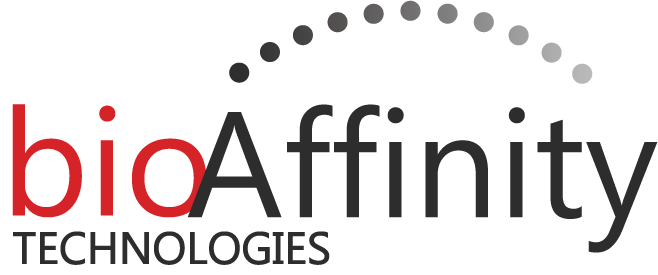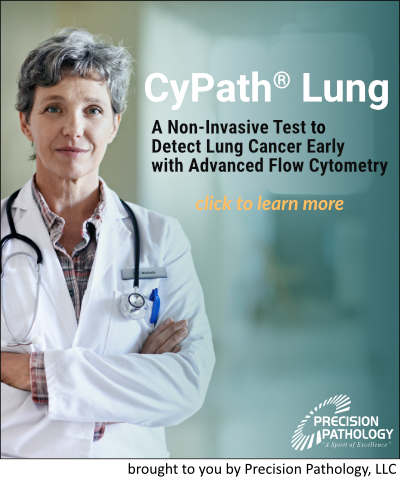JULY 19, 2018
As published in the San Antonio Business Journal
By W. Scott Bailey
Roughly four years after its San Antonio launch, cancer diagnostics company bioAffinity Technologies is only months away from taking its initial product — CyPath Lung — to market.
The privately held biotech has started a validation trial for the product, developed to provide early detection of lung cancer. It’s recruiting patients diagnosed with lung cancer and individuals at high risk for the disease who have undergone screening.
The validation trial follows clinical studies that resulted in final design of the noninvasive technology, which will help physicians determine whether a biopsy or other invasive diagnostic testing is warranted after screening a patient for lung cancer with low-dose computer tomography, or LDCT.
“We expect CyPath Lung to be commercially available by year-end and available to physicians who need to determine whether surgical biopsy or monitoring is the best option for their patients,” bioAffinity President and CEO Maria Zannes said.
Nearly 1.6 million people across the world die from lung cancer annually. Early detection of the disease is critical. Roughly 14 million Americans are estimated to be at high risk for lung cancer.
“If detected and treated early at stage 1, the dismal five-year survival rate of 18 percent leaps to a 10-year survival rate of 88 percent,” Zannes said.
The San Antonio company is working with four clinical sites, which are enrolling volunteers for the study: Summit Medical Group in New Jersey, Radiology Association of Albuquerque in New Mexico, Waterbury Pulmonary Associates in Connecticut and Atlantic Health Systems in New Jersey. Zannes said bioAffinity expects to add four additional clinical sites.
In March, I reported that bioAffinity was adding scientific and investment management expertise in its build up to commercialization. It’s also sought additional funding.
Zannes said CyPath Lung will enter the U.S. market for use by patients who receive positive diagnoses by LDCT imaging.

